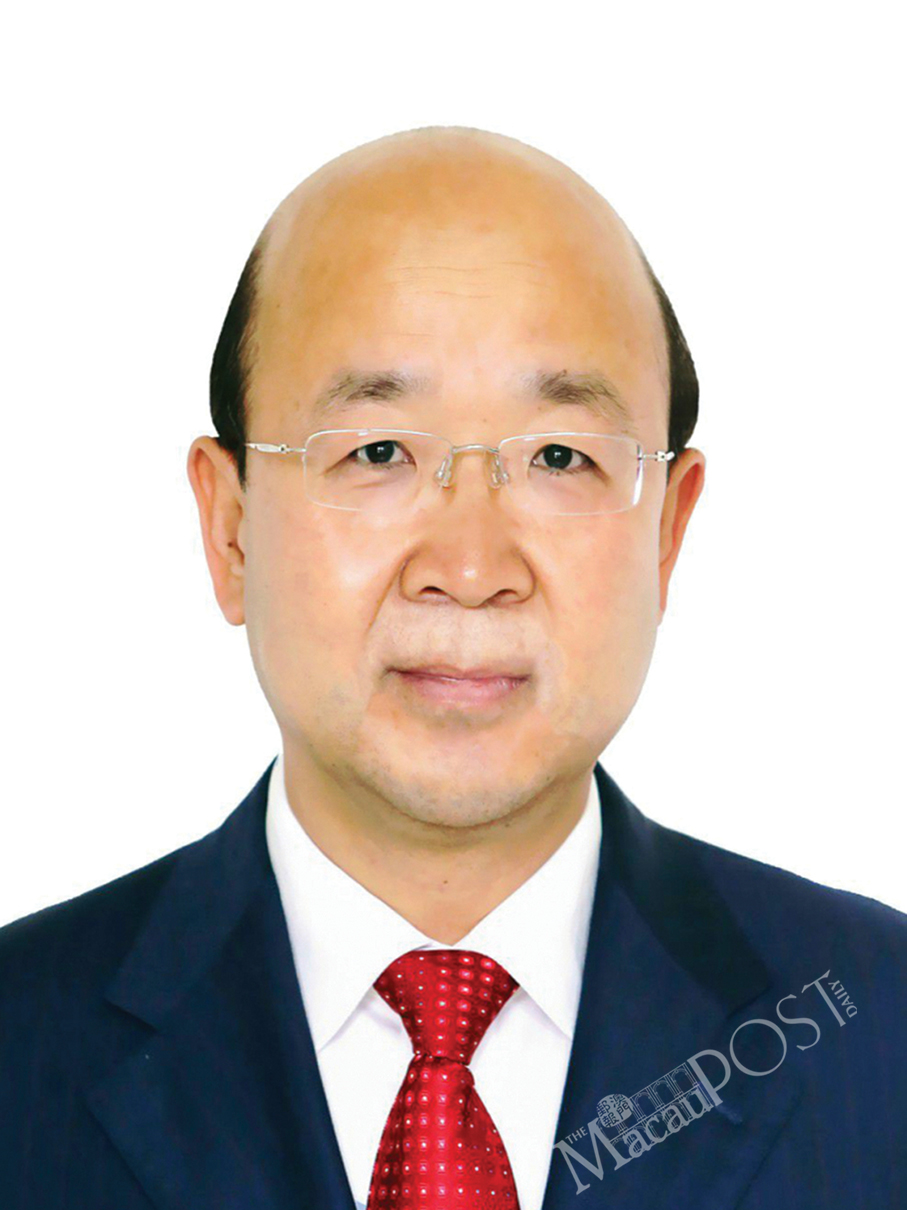Commentary by Wang Ruiping and Li Hang
The boundaries of the relationship between the EU and China should be clearly defined in their dialogue, and the EU should discard its "systemic competition" thinking towards China.The so-called "triptych" ("partner-competitor-systemic rival") of the EU towards China is the result of its long-term reflection. In particular, under the combined effect of multiple factors such as US-China competition, COVID-19, and the Ukraine crisis, the EU's negative perception of China has increased.
Given that the EU cannot obtain complete decoupling from China, the coexistence of containment and cooperation will become the fundamental aspect of its strategy towards China. At present, China and Europe have not evolved into a comprehensive strategic confrontation.
DEFINITION OF CHINA
For a period of time, the EU has defined China as a "systemic rival", which has puzzled many Chinese scholars and think tanks.
What is even more confusing is that the EU has three definitions of China: "partner", "competitor," and "systemic rival."For example, a strategic outlook document released by the EU in 2019 defined China as a "systemic rival," indicating a significant change in the EU's expectations for balancing EU-China relations.
In its first national security strategy released in June 2023, Germany mentioned China six times in the report, defining it as a "partner, competitor, and systemic rival."
For the EU, China is its most important partner in multiple fields. Meanwhile, the EU defines China as a "strategic competitor," which makes people feel like they are in a very extreme "tug of war," which is truly puzzling.
ANXIETY IN THE WEST
In the past few years, there have been some erroneous geopolitical perceptions in the Western world, including the EU, which have led to panic in the Western world:For one thing, Western powers are deeply concerned about China's development. China has made rapid progress in recent years and may continue to maintain its development momentum in the coming years or even decades.
But some European scholars have pointed out that the EU's level of anxiety about China's development is far lower than that of the United States.
As early as 2014, the International Monetary Fund (IMF) published a report stating that based on purchasing power parity (PPP) indicators, China has become the world's largest economy. And this is the first time since 1872 that the United States has been pushed out of the top spot by another country.
According to data from the World Bank in 2021, considering purchasing power parity factors, China's GDP was US$27.3 trillion, while the US GDP was only US$23 trillion.
Besides, the diversified changes in the post-war world order have brought risks. No one can predict the future, and anxiety about the future may become a common issue for all humanity.
This anxiety stems not only from the emergence of more deadly infectious diseases, but also from global climate change, and the most worrying is the negative impact of the unstoppable progress of artificial intelligence (AI).
Apart from direct armed conflicts (such as tense relations with Russia), the aforementioned challenges are factors that create a "systemic rival" for the EU.
WAY OUT OF 'SYSTEMIC RIVALRY'
Firstly, to break away from "systemic competition," the key lies in maintaining continuous communication and improving communication effectiveness.This year marks the 20th anniversary of the establishment of a comprehensive strategic partnership between China and the EU. Leaders from both sides have had frequent interactions, and China-Europe relations have shown a positive development momentum.
Since September this year, there have been frequent interactions between high-level officials from China and Europe, including the meeting between Premier Li Qiang and European Commission President Ursula von der Leyen during the G20 Summit in New Delhi, the 10th China-EU Economic and Trade High-Level Dialogue, and the 12th round of the China-EU High-Level Strategic Dialogue.
Secondly, to step out of "systemic competition", one should avoid exaggerating risks. Indeed, the EU has realized in recent years that it heavily relies on Chinese imports for rare earth minerals and some pharmaceutical products, but any necessary adjustments should not hinder sustained and strong cooperation.
One thing the EU must avoid is overestimating the risks of relying on China while underestimating the benefits of cooperation with China. In 2023, trade between the EU and the United States with China continues to maintain a strong growth, and it is unlikely that China-Europe relations will regress.
Thirdly, to step out of "systemic competition," it is necessary to avoid unnecessary panic about "values." As Augusto Soto, director of the "Dialogue with China Project," said, "If the EU strongly recognizes and affirms its own 'values' (which usually represent the whole of Europe), what is the significance of causing panic towards other values? Does the EU need to stir up panic about other political systems, believing that other systems 'defeat' the EU or want to disrupt the order in Europe? This sounds very absurd."
The latest positioning of the EU towards China is not a temporary phenomenon, but a result of long-term reflection.
The two sides have fully resumed exchanges at all levels, especially the successful high-level meetings in the fields of green development, digital development, and economy and trade, forming new consensus and results, demonstrating the resilience and vitality of China-Europe relations, and highlighting the global impact and significance of China-Europe relations.
Under the current situation, although the European side insists on the "triptych" of China, the bloc is obviously inseparable from China in the face of its own economic recession, the Ukraine crisis, global governance and other issues, so it still hopes to communicate with China.
The boundaries of their relationship should be clearly defined in their dialogue, and the EU should move out of its "systemic competition" thinking towards China.
Firstly, both sides should resolve misjudgments and strengthen communication.
Due to the impact of the pandemic, previous exchanges between China and Europe have decreased. As contact resumes, the primary task for both parties is to identify areas of misjudgment or misunderstanding and further communicate on this basis.
Although it may be difficult for China and the EU to reach a complete consensus on some issues, both sides can clarify their own views, understand each other's "cards in hand," clarify the boundaries of their relationship, and try to reach a bilateral balance through dialogue. After all, dialogue is always better than no contact or direct confrontation.
Secondly, in recent years, the EU's policy towards China has gradually shown a trend of pan-security and pan-politicization, not only proposing the concept of "de-risking," but also launching a series of corresponding policies.
But completely decoupling from China is not in line with the EU's own interests, and the EU cannot ignore China's role in global governance and response to hot-button issues.
In this situation, the EU is still willing to actively communicate with China and hopes to find internal consensus in its interaction with China.
As pointed out by Wang Yi, a member of the Political Bureau of the Communist Party of China (CPC) Central Committee and Chinese foreign minister, during a phone call with Josep Borrell, the EU's high representative for foreign affairs and security policy, China and Europe need to engage in more institutional dialogue, make up for the missed exchanges between China and Europe in the past three years of the pandemic, and inject new and strong momentum into the comprehensive strategic partnership between China and the EU.
Editor's note: Wang Ruiping and Li Hang are associate professors at Beijing International Studies University.
The views expressed in this article are those of the authors' and do not necessarily reflect the positions of Xinhua News Agency.
- Xinhua (Minor edits by The Macau Post Daily)









